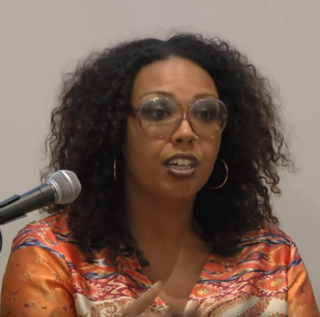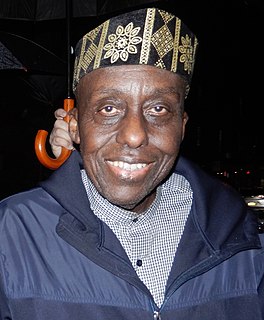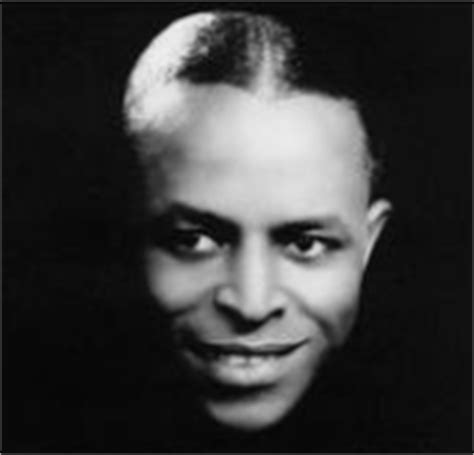A Quote by Alesha Dixon
Dad's fear, especially when I was 18, was that, in the music industry in the U.K., there wasn't really anybody I would aspire to who was of black origin and who was successful. It was mainly black American musicians in the charts and, at that age, I think you look for someone you can identify with, and there wasn't really anyone.
Related Quotes
My mom is Jamaican and Chinese, and my dad is Polish and African American, so I'm pretty mixed. My nickname in high school was United Nations. I was fine with it, even though I identify as a black woman. People don't realize it hurts my feelings when someone looks at my hair or my eyes, and says, "But you're not actually black. You're black, but you're not black black, because your eyes are green." I'm like, "What? No, no, I'm definitely black." Even some of my closest friends have said that. It's been a bit touchy for me.
While I might not have a specific experience that is fully American, there is still a knowledge, something that I logically understand as a black woman and a black woman who is existing in America and a black woman who is in the diaspora that are just known quantities that I think anyone can relate to who is black.
'Black Messiah' is a hell of a name for an album. It can easily be misunderstood. Many will think it's about religion. Some will jump to the conclusion that I'm calling myself a Black Messiah. For me, the title is about all of us. It's about the world. It's about an idea we can all aspire to. We should all aspire to be a Black Messiah.


































